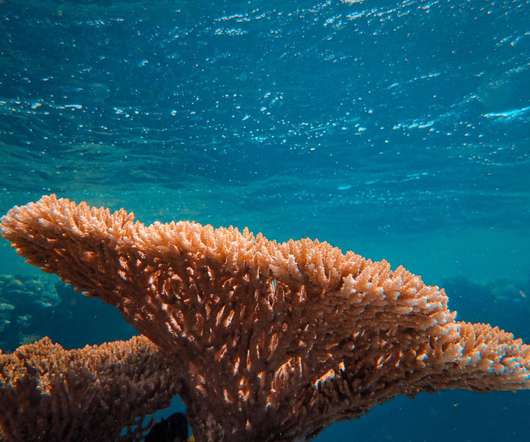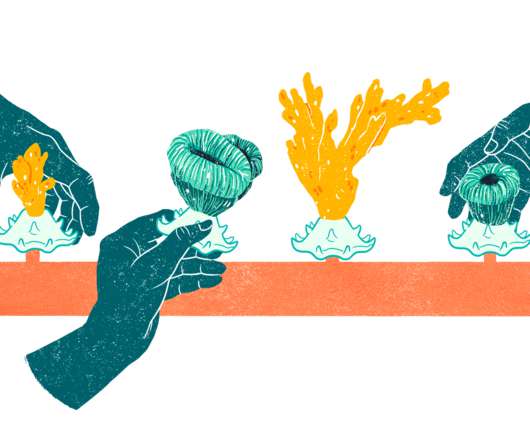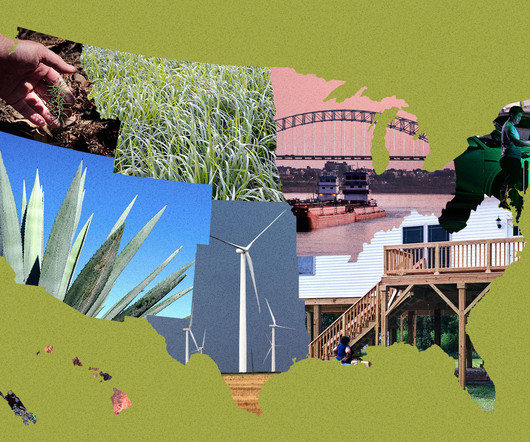Rising sea temperatures and coral loss: “Most detailed scientific picture to date”
Envirotec Magazine
OCTOBER 5, 2021
This, the largest analysis of global coral reef health ever undertaken draws on data: spanning 40 years. Ocean acidification, global warming, pollution: the causes of these threats are many and particularly difficult to address, insofar as they are extremely diffuse, and result from our entire development paradigm.














Let's personalize your content